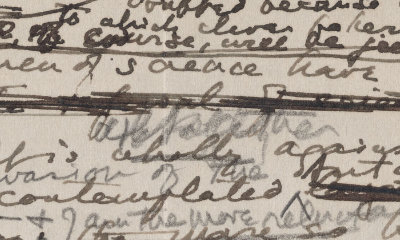
2024-07-05 | Horror, Reading
I was much further through this book than I thought. Turns out the last 50% of the book was an analysis of horror fiction using At the Mountains of Madness as an example. It made for a strange experience, though, because I was expecting a lot more to happen.
Regardless.
I expect horror to be “scary”, but this definitely wasn’t. It was, though, very unsettling. It felt very much like the first parts of Alien, where you know things are going to go wrong but you can’t quite imagine just how.
I’ll keep reading Lovecraft things, I think.

2024-06-13 | Horror, Reading
I don’t like horror movies. At all. I don’t understand the appeal. I like being challenged, and having an adrenalin rush, but I don’t generally like being afraid. Something I do like, that I’ve discovered recently, is that I like being lightly creeped out. I enjoyed having H.P. Lovecraft’s short story The Moon-Bog read to me by Josh of Stuff You Should Know fame. (I can’t find a reliable way to link to the episode, but if you go to the Stuff You Should Know website and search for “Josh N Chuck’s Hallowe’en Spooky Scarefest” you’ll find it. It’s from 29 October 2015.) It not scary. It’s just mildly creepy. I thought it was suitably creepy that I read it to the kids the following year in the lead up to Hallowe’en.
Anyway.
I didn’t read any more mildly creepy stuff for several years, until I decided it was time to dip my toe back into the H.P. Lovecraft bog. I don’t know what made me pick At the Mountains of Madness, but it was appealing. Aliens (maybe?). The Big Dumb Object (BDO) trope. And clearly inaccurate descriptions of Antarctica. Maps of Antarctica at the time of writing (1930-ish) had large swathes of blankness on the maps – perfect if you want to add a BDO somewhere realistic on earth.
I’m part way through at this stage. It’s slow going for me.
An update cometh.
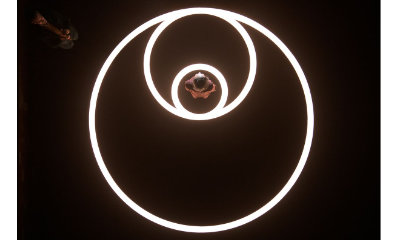
2024-05-17 | Reading, Sci-Fi
Everyone* had told me I had to read 3 Body Problem, but I never got around to it. When I saw that there was a TV adaptation of it, I thought it was best that I read the book before watching the TV series. In hindsight, I probably didn’t need to. They two are pretty significantly different, and I have a sneaking suspicion that the TV adaptation covers the remaining two books in the trilogy that I am yet to read.
From now on, in this post: book only.
The book grabbed me pretty quickly when numbers start appearing on photo negatives. That was exciting. Unfortunately, the excitement peaked right there in chapter 2. It didn’t go away, don’t get me wrong. But the excitement simmered rather than boiled from there on.
The descriptions are vivid, and the story really got into my head.
I will read the remaining two novels.
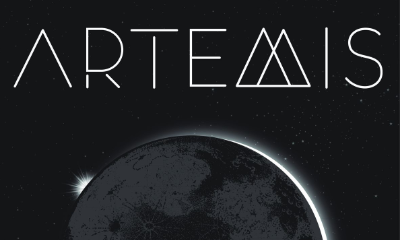
2023-10-28 | Reading, Sci-Fi
I had high hopes for this novel when I started reading it, after having read The Martian and Project Hail Mary. But this isn’t a man-is-stuck-in-space-alone-and-needs-to-go-into-details-about-niche-science-knowledge themed book, so it feels outside of Weir’s really strong toolkit.
I enjoyed the mystery side of things, and the inevitable Weir-esque delves into the science of various processes. It’s like reading Neal Stephenson without the huge slowdown as the novel descends into treacly textbook-style explanations of the physics behind things.
All in all a decent novel that kept me mostly entertained.
3 stars, probably.
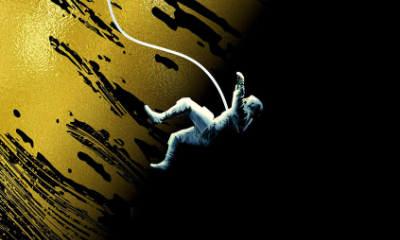
2023-10-28 | Reading, Sci-Fi
My lovely friend Nick recommended this Andy Weir novel to me. I’d read The Martian previously, so jumped PHM immediately. I was in the depths of being frustrated with Shantaram at the time, so jumping onto something fun and interesting was an easy decision to make.
I loved the premise of the book, and the unlikely-hero trope. I found Grace frustrating as a character, but I get the feeling that I was meant to.
I enjoyed the thought that Weir put into the alien non-humanoid design and language, and their scientific limitations.
Largely an enjoyable book, and I look forward to the film.
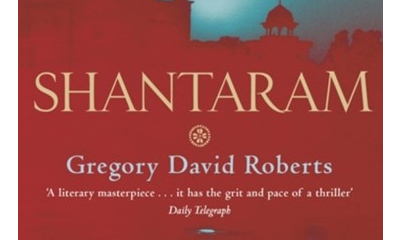
2023-10-28 | Reading
I couldn’t do it. I don’t give up on many books. But with Shantaram I just couldn’t make it all the way through. I’ve never read a more unbelievable self-aggrandising autobiography. I got to when he’s in Afghanistan, and I completely lost interest.
I think there are things that you can learn about the world from reading Shantaram, but you need to filter out so much trash. The signal to noise ratio is not high enough.
One star. Maybe 2.




